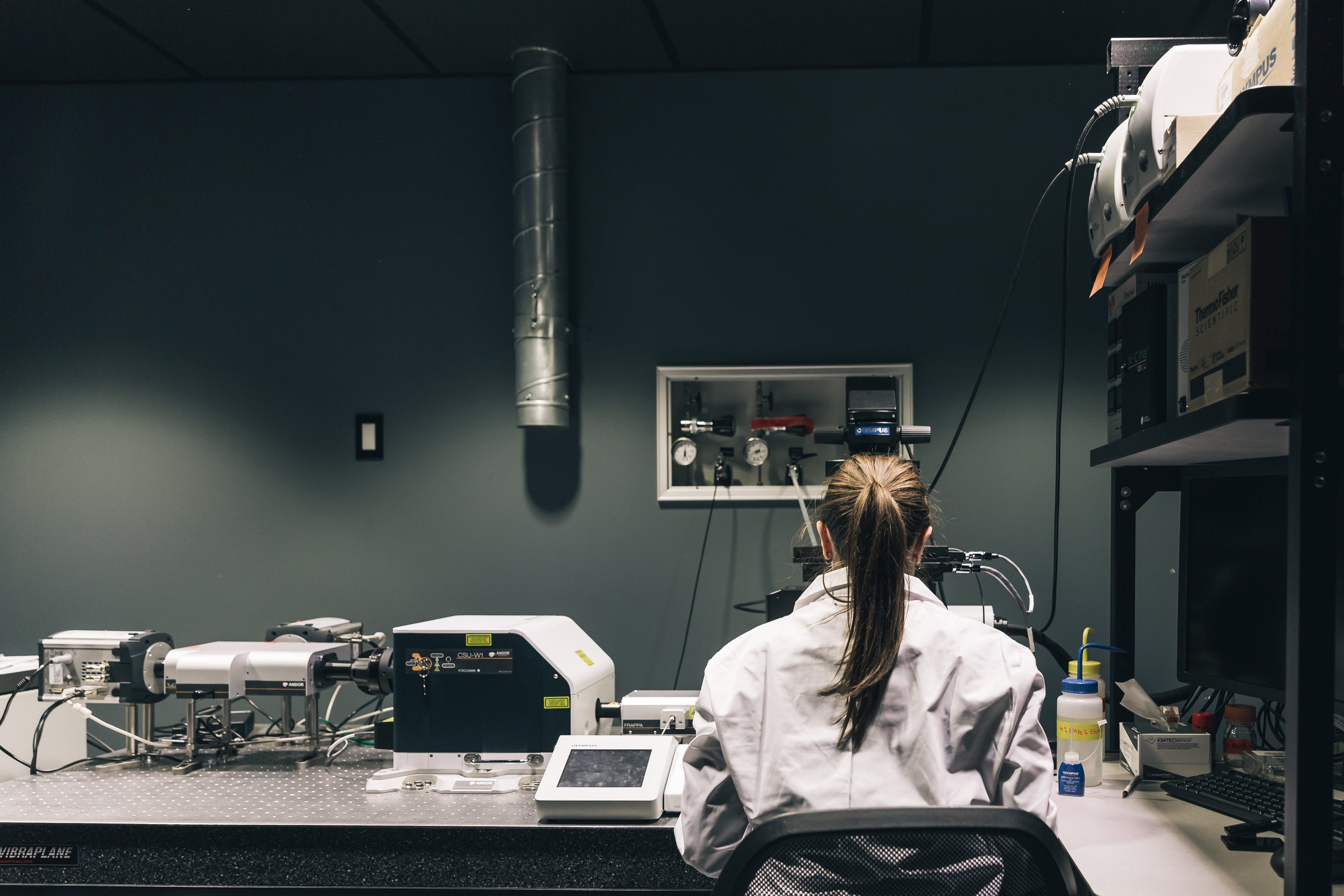
AI, Human Sleep, and the Quest for Optimized Memory Storage
A Prelude to Exploring Human Cognition Through the Lens of AI
As Elon Musk brings the concept of simulated reality into mainstream thought - a notion where our world is orchestrated by a higher intelligence - it prompts us to reflect on the profound parallels between human cognition and the artificial intelligence (AI) we are creating. Could human challenges, like sleep quality, find solutions by drawing insights from AI’s approach to optimized information processing?
This idea serves as the foundation for a new series of blogs exploring the intersection of neuroscience, AI, and human potential.
The Analogy: Human Memory vs. AI Hardware
In the ever-advancing landscape of AI, we marvel at how machines process and store information. From efficient memory storage to exponential learning capabilities, AI relies on highly optimized systems to handle vast amounts of data. This efficiency raises an intriguing question: Could human brains, reliant on organic cells and neurons, learn from these principles to address biological limitations - particularly sleep-related challenges?
Sleep plays a vital role in consolidating memories and decluttering the brain. It mirrors, in some ways, how computers defragment data or optimize their storage for better efficiency. Similarly, advanced AI systems continuously refine how they handle information, minimizing "clutter" to operate seamlessly. If human brains were capable of similar optimizations, could we see improved memory processing and deeper, more restorative sleep?
Exploring a New Frontier
This analogy also invites an unsettling thought: perhaps the organic nature of human cognition - its reliance on neurons and synapses - is fundamentally less efficient than AI's silicon-based intelligence. Unlike AI, we can't simply "reformat" or upgrade our mental storage. However, bridging these two worlds - drawing lessons from AI to reimagine human mental processes - offers tantalizing possibilities.
For instance:
- Mental Clutter and Sleep: Could AI-inspired insights help us understand how to streamline mental inputs during waking hours, improving sleep quality at night?
- Biological Optimization: By studying how AI systems handle data, could we unlock methods to optimize our own brain’s ability to process, store, and retrieve information?
- Mental Health Breakthroughs: As technology reshapes neuroscience, might we see new ways to address mental health challenges rooted in memory overload or poor cognitive "storage"?
Looking Ahead
The implications of this exploration are as vast as they are thought-provoking. Will AI ultimately help us realize the limitations of our organic existence - or inspire breakthroughs that redefine what the human brain is capable of achieving?
This is just the beginning of a journey into the cutting-edge interplay between science, philosophy, and technology. Stay tuned as we dive deeper into these themes, exploring the potential for AI to reshape our understanding of sleep, memory, and human potential.
Join us at Coffee Analytica as we navigate these fascinating intersections. This is not just a theoretical exercise - it’s a roadmap to unlocking the future of mental well-being.
Sign off:
Stay curious. Stay inspired. And together, let’s keep redefining what’s possible. ☕
- #AI
- #AI and Neuroscience
- #AI in Everyday Life
- #Artificial Intelligence
- #Biological Limitations
- #Elon Musk Insights
- #Future of Sleep
- #Human Brain vs. AI
- #Human Cognition
- #Memory Optimization
- #Mental Health and Technology
- #Neuroscience Breakthroughs
- #Simulated Reality
- #Sleep Quality
- #Sleep Science
- #Tech and Philosophy
- #Well-being Innovations